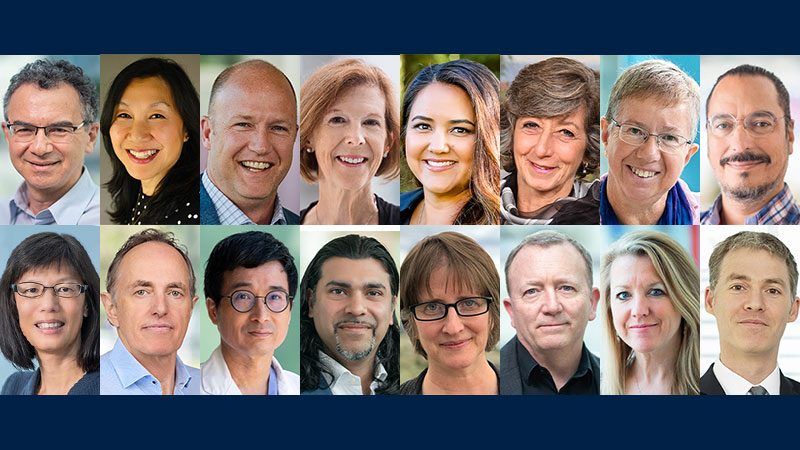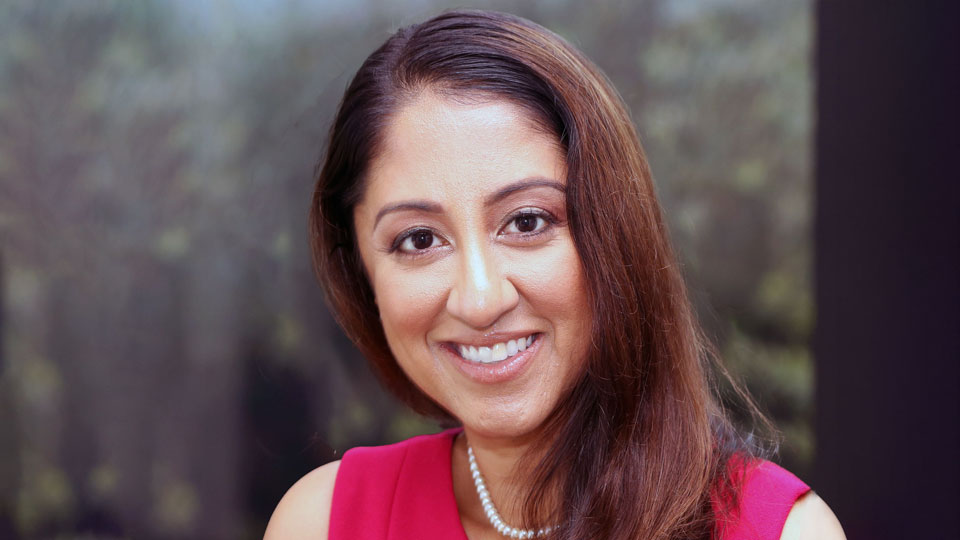A message from Dermot Kelleher, Dean, Faculty of Medicine and Vice-President, Health, UBC.

National Day for Truth and Reconciliation on September 30 is an important time to recognize the shameful legacy of Indian Residential Schools and to honour both the children who never came home, along with their families and communities, and the Survivors of those schools. This day coincides with Orange Shirt Day, a day to honour the healing journeys of Residential School Survivors and their families and a time to engage in meaningful discussions about the history and legacy of the residential school system.
It’s an important day for all of us to pause and reflect on this tragic past — including the many difficult events that have taken place over recent years — and the continuing harms suffered by Indigenous people that span generations. It is also a time to celebrate the courage, dignity and strength of Indigenous people and their cultures, and to affirm that every child matters.
When I came to Canada in 2015, the same year that the Truth and Reconciliation Commission’s Final Report was released, this profound report was the start of my own education on the terrible history of the Indian Residential Schools and the ongoing consequences of Canadian colonialism, which has led to much personal reflection since then.
In January 2023, these reflections came into sharper focus when I received my Canadian citizenship. As I was taking my oath alongside dozens of my fellow new Canadians, I was struck by an even greater responsibility to uphold and continue the important work outlined in the Faculty of Medicine’s Response to the Truth and Reconciliation Commission of Canada’s Calls to Action (the Response) in 2021.
What is clear is that it is incumbent upon all of us to ensure that the damaging events of the past not only never happen again, but also to take the steps needed to bring about change that has a meaningful and beneficial impact. This includes doing our part to help develop educational and healthcare systems that are accessible, equitable, effective and culturally safe.
As part of the Response, we detailed our commitments toward establishing mutually respectful relationships with Indigenous Peoples and building upon efforts already underway to decolonize learning spaces, admissions processes and curricula — including making all aspects of the Faculty free from discrimination and Indigenous-specific racism. This living, evolving Response will continue to be developed in partnership with Indigenous Peoples, who will hold us accountable in the coming years through the relationships that we build with them.
Over the last year, since September 2022, much work has taken place and I’d like to share just a few examples. One of the commitments is to increase Indigenous leadership in the Faculty, as we know this is critical to ensuring Indigenous perspectives are embedded within all of our work.
To increase the number of Indigenous students and graduates throughout both the MD and Health Professions programs in the Faculty of Medicine, James Andrew was appointed Associate Director of Indigenous Initiatives, and he now leads a portfolio encompassing all of our programs, thus strengthening the work already underway.
In recognition of her work supporting Indigenous medical students, Meghan MacGillivray was appointed Indigenous Student Initiatives Manager, and in her role fosters strong community connections through cultural activities with Elders, and mentorship and professional development opportunities for students. Her important work helps to inspire young learners to consider a career in health through outreach events around the province.
Further, thanks to dedicated efforts by admission teams, we’re seeing strong numbers of new Indigenous learners entering all Health Professional programs, including Midwifery, Genetic Counselling, Occupational Therapy, Physical Therapy, Speech-Language Pathology, Audiology and Medical Laboratory Science. Work is being undertaken across all programs to actively align with the UBC Indigenous Strategic Plan. In addition, a number of these programs have also hired Indigenous coordinators to support students and strengthen curriculum reviews.
And just this past winter, we celebrated 20 years of the Indigenous MD Admissions Pathway and the Indigenous Family Medicine Residency Program. Since its launch, more than 130 Indigenous doctors have graduated from the MD program at UBC. Through their work in communities in B.C. and across the country, they are helping to build a healthcare system that is more inclusive, representative and equitable.
Another commitment in the TRC Response centres on building relationships and engaging on our commitments with Indigenous leaders and communities so that we can continue to refine our work in the years ahead. We are expanding and developing new programs to embed a foundation of Indigenous cultural safety and humility training and education for students, staff and faculty.
Since joining the Faculty in 2021, Derek Thompson – Thlaapkiituup’s work includes spearheading the nationally-recognized Indigenous Speaker Series, a platform to begin, continue and advance the conversation about telling the truth and reconciling for the future.
Recently appointed as Director, Indigenous Engagement, Derek also provides strategic leadership in advancing the Faculty’s efforts to establish meaningful, mutually beneficial relationships with Indigenous Peoples, nations, communities and organizations.
These are just a few of the examples of the work being undertaken by those at the Faculty. However, there is far more work to be done, and no matter how long it takes, we must remain steadfast in our commitment to fulfilling the Response.
My hope as Dean and Vice-President of Health at UBC, is that this work will become hardwired and embedded in the Faculty’s systems, processes and values not just over years, but over generations.
To echo TRC Commissioner, Justice Murray Sinclair’s words: “We have described for you a mountain. We have shown you the path to the top. We call upon you to do the climbing.”
Let us keep climbing.
This message was sent to all faculty, staff and learners in the Faculty of Medicine.


